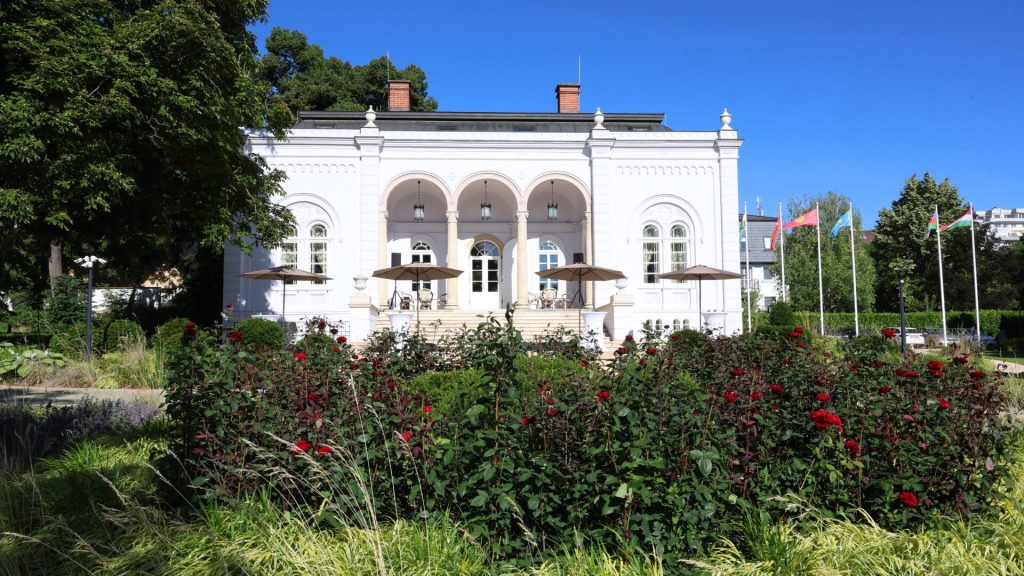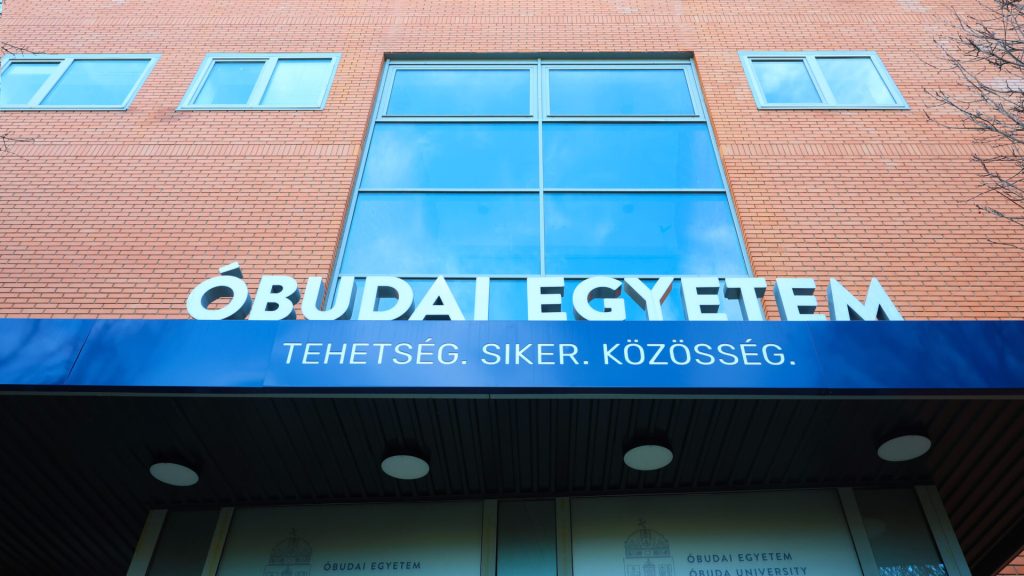Significant progress has been made in the cooperation between Hungarian and Turkic universities, thanks to the 1st Academic Conference of the Organization of Turkic States (OTS), organized by Obuda University and held on June 25–26 at the Ybl Villa, which houses the OTS Representation Office in Hungary.
Minister Balázs Hankó announced that Obuda University, the University of Miskolc, the University of Debrecen, Semmelweis University, Széchenyi István University in Győr, and thirteen Turkic universities will establish closer cooperation.
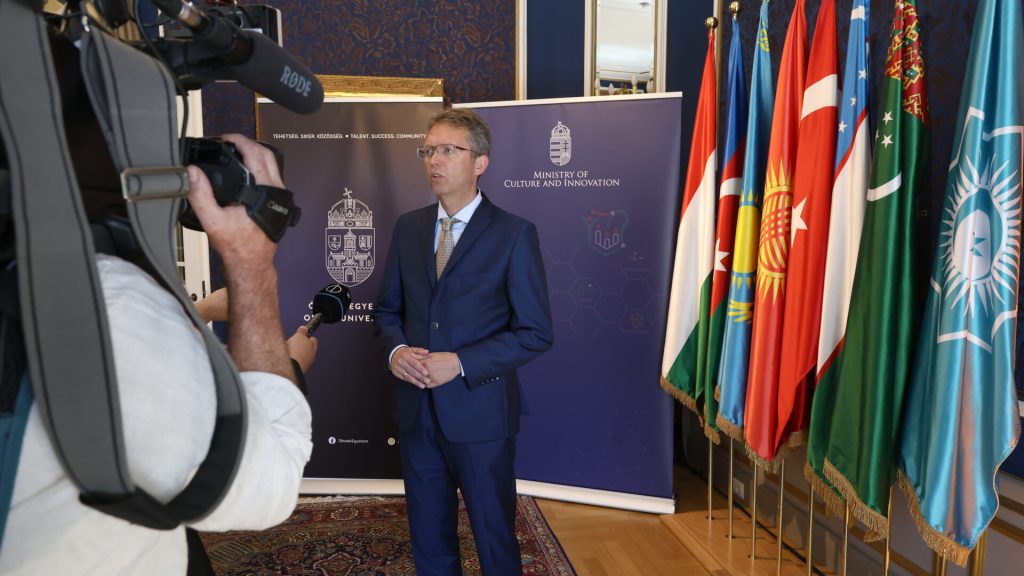
The goal is to develop joint and double-degree programs, as well as to create an innovation fund involving universities from at least three countries. Key focus areas include engineering and natural sciences, agricultural sciences, health sciences, and water management. This collaboration benefits the Hungarian economy, Hungarian youth, and domestic companies. The Minister for Culture and Innovation emphasized that Turkic states have achieved remarkable scientific advancements in recent years, with five of them now featured in international rankings.
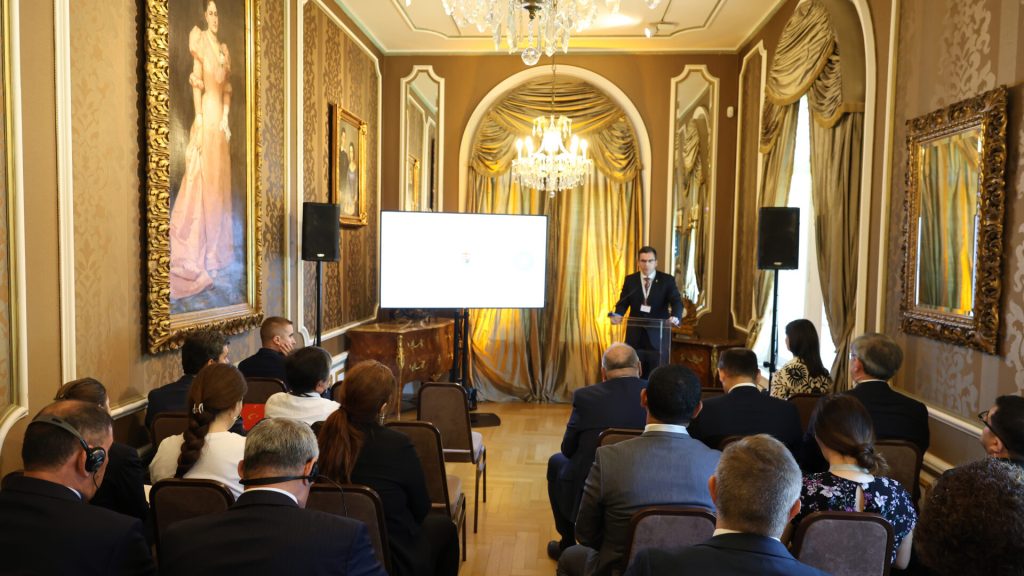
“Alongside Minister Balázs Hankó and Ambassador Balázs Hendrich, I welcomed the participants. Our shared message was that scientific and educational relations play a key role in the strategic cooperation between the Turkic States and Hungary,” emphasized Prof. Dr. Levente Kovács, Rector of Obuda University.
He noted that special attention was given to how the Organization of Turkic States can facilitate university-level cooperation. Topics included the creation of a joint research fund, talent development camps, excellence scholarship opportunities, and mobility programs for students and researchers.
He also presented the success story of the INNOTECHNO Park in Uzbekistan, which is a strong example of linking technological innovation, industrial cooperation, and higher education. He reaffirmed the commitment of Obuda University and other Hungarian institutions to international scientific partnerships.
“This conference confirms that scientific and higher education relations between Hungary and the Turkic states are growing stronger, with institutions like Obuda University playing a key role,” he added.
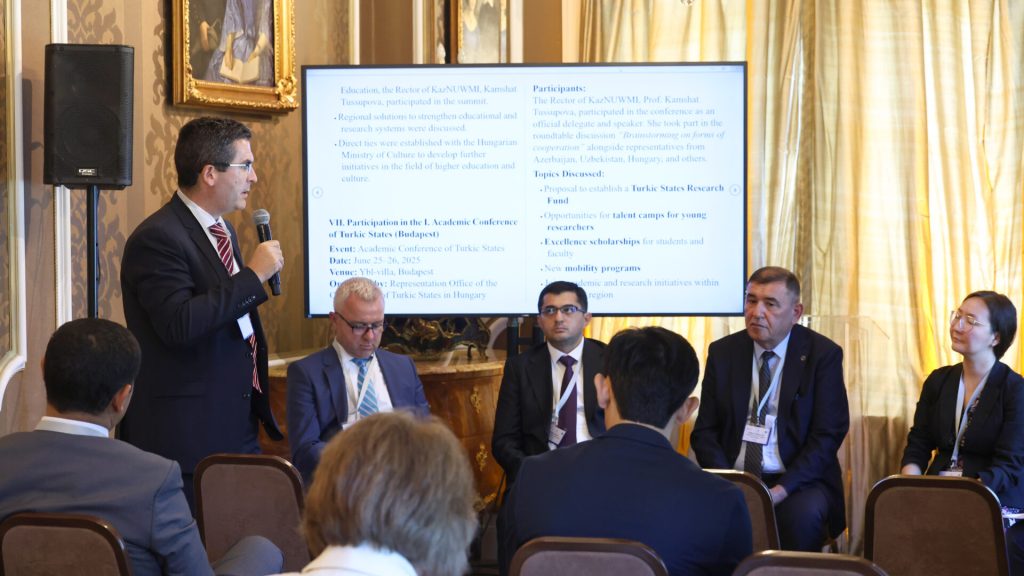
During the roundtable discussions, representatives of Turkic and Hungarian universities explored new forms of cooperation and developed concrete ideas for future joint programs. The Organization of Turkic States includes Azerbaijan, Kazakhstan, Kyrgyzstan, Türkiye, and Uzbekistan; Hungary has been an observer state since 2018.
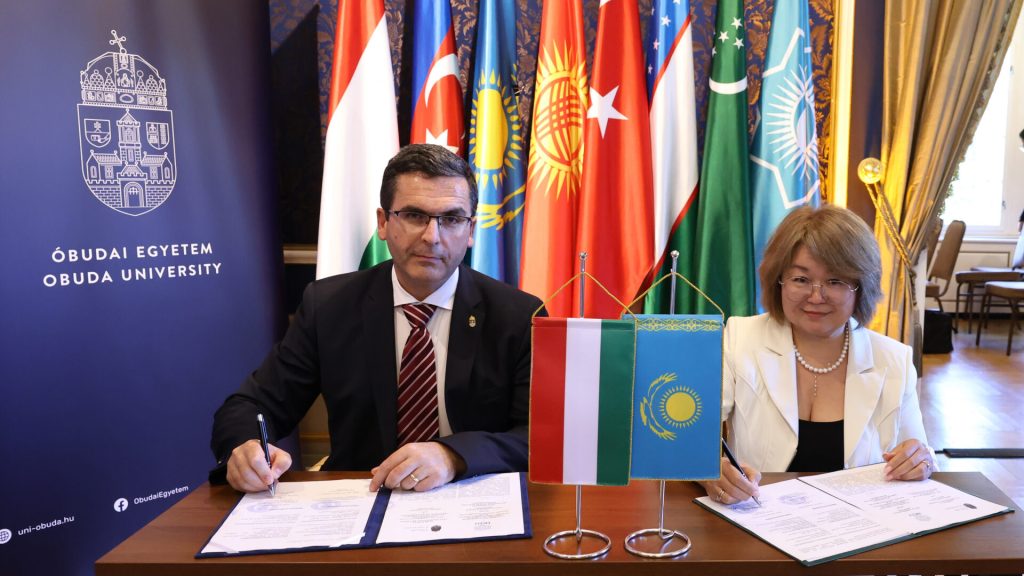
Cooperation Agreements with Turkic Universities
During the event, Prof. Dr. Levente Kovács signed a cooperation agreement with a representative of D. Serikbayev East Kazakhstan Technical University (EKTU).
“This newly signed agreement gives fresh impetus to the relationship between our institutions and supports further development in education and research. We believe that strategic cooperation with Kazakhstan strengthens our international presence and opens new opportunities for both parties,” emphasized the Rector.
He added: “This partnership is an important step in expanding Obuda University’s international role and in deepening Kazakh–Hungarian academic relations.”
EKTU has been a strategic partner for many years. Since 2018, Obuda University has maintained close ties with the Kazakh institution, especially in scientific research and in the mobility of faculty and students. The cooperation includes joint projects in automation and control engineering, participation in international conferences, online courses, and co-authored scientific publications.
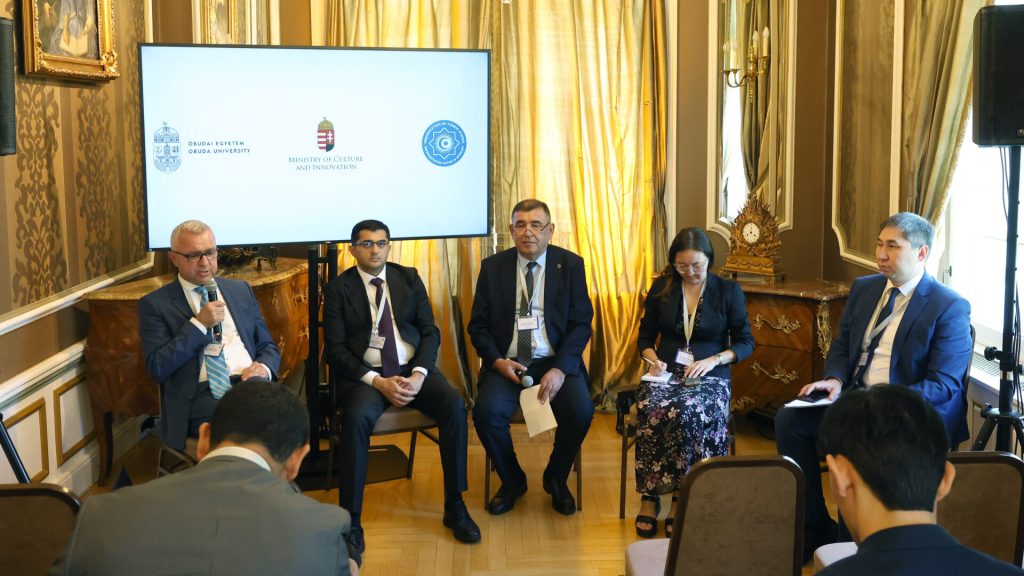
Hungarian–Turkic Conference a Success
Tibor Bial, International Senior Advisor and the main organizer of the event, stated:
“Over the past two days, we received a great deal of positive feedback from all participants. There is a clear demand to continue this conference in the future—whether in Hungary or at other international universities. The rectors unanimously supported this idea.
Many valuable observations and ideas were shared, which we all aim to incorporate into our university programs. Our Turkic colleagues are hopeful that their governments will support these initiatives.”
